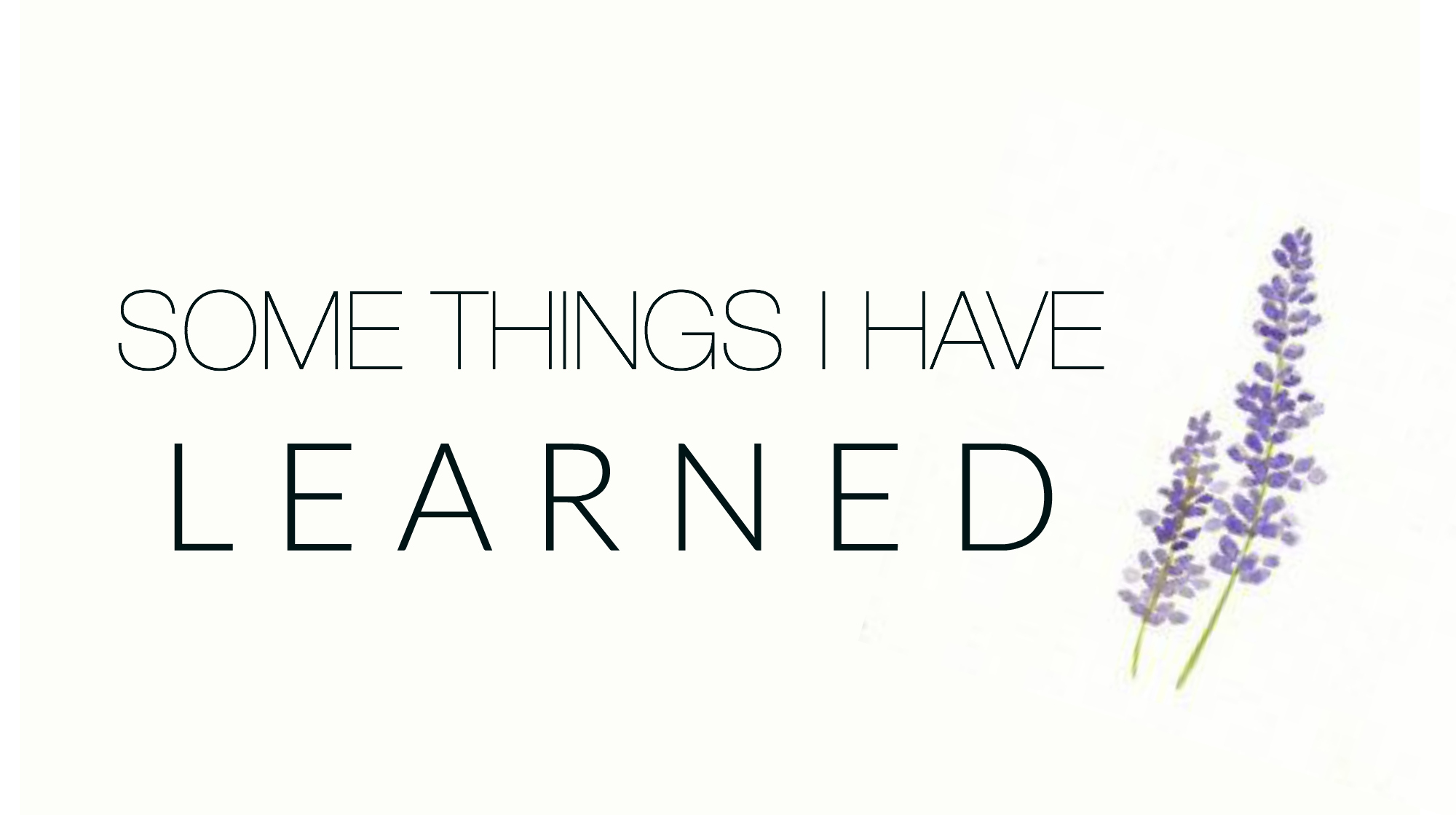this is a page for
Browsing Tag: understanding
For many years I have wondered why I haven’t been able to forget the many sins and things that I’ve done wrong in my life and have repented of. They come back to haunt me and I feel devastated that I did those wrong things and I end up with negative self talk, thoughts and generally feeling badly about myself. I really just want to forget that I did those wrong things. But, as I have thought about it, I have decided that remembering them is good for at least three reasons. One, it gives me understanding and empathy for those who are struggling as they are trying to change, and even for those who are not trying to change. I get it, and I see how easily it is to fool ourselves into wrong behavior and then continue in the wrong behavior because it seems there’s no hope now. I get how hard it is to change and leave old behaviors behind as I struggle forward in hopes of becoming more Christ like. I understand the lure of the world and how things seem good and fun and desirable. I get what Nephi meant when he said in 2 Nephi 4:18 “I am encompassed about, because of the many temptations and the sins which do so easily beset me.” I am so very weak and so easily beset by sins and so easily stray off the path. So even though I would like to forget the things I’ve done wrong, I am a more compassionate person because I remember. Another reason I think it is good for me to remember the things I’ve done wrong in my life is that it helps me be less judgmental. If I didn’t remember, it would be so easy to say about another person’s behaviors, “well, I would never do that” or “that person is an awful/bad/terrible person.” Remembering allows me to separate the behavior from the person and to understand how easy it is to do wrong things, and helps me be less judgmental. It allows me to see another person as a human being who is weak and struggling, like me. And finally, I also think that remembering the things I have done wrong acts as a barrier to prevent me from doing those wrongs and sins again. I remember the pain I felt at the recognition of those sins being wrong and the struggle to overcome them through repentance. It is in the remembering of the shame and sorrow of having done those wrong things that helps to prevent me from making the same mistakes again, it helps me to get it. So even though I would love to forget the things I’ve done wrong I can see the wisdom in allowing me to remember, it allows me to get it.
Share this:
- Click to share on Twitter (Opens in new window)
- Click to share on Reddit (Opens in new window)
- Click to share on LinkedIn (Opens in new window)
- Click to print (Opens in new window)
- Click to share on Facebook (Opens in new window)
- Click to share on Tumblr (Opens in new window)
- Click to share on Pinterest (Opens in new window)
- Click to email a link to a friend (Opens in new window)
When my oldest daughter was 4 years old she got hit in her eye. I don’t even remember how she got hit or exactly what happened, but I remember telling her that she was going to get a black eye and then we put a cold wash cloth on it to help with the swelling. She was very upset, wailing that she didn’t want a black eye. I reassured her it would be fine and not to worry about it but that it was definitely going to turn black. She went to bed that night still very upset, and the next morning she came running into my bedroom with a very bruised eye. She jumped up on my bed and very excitedly said “Mom, I looked in the mirror and my eye’s not black, it’s still green.” What was so obvious to me was not so obvious to her at all. I had no clue that she didn’t know what a black eye was and that she thought I meant the color of her eye was going to change. I’d like to say that was the last time I thought I was communicating clearly only to find out later that I wasn’t, but I have gotten better over the years at clarifying, asking questions, trying to understand and to be understood. It’s always a work in progress but it helps when I remember this incident of the ‘Black Eye.’
Share this:
- Click to share on Twitter (Opens in new window)
- Click to share on Reddit (Opens in new window)
- Click to share on LinkedIn (Opens in new window)
- Click to print (Opens in new window)
- Click to share on Facebook (Opens in new window)
- Click to share on Tumblr (Opens in new window)
- Click to share on Pinterest (Opens in new window)
- Click to email a link to a friend (Opens in new window)
My husband and I haven’t always agreed on child rearing methods and practices. He is more lenient, kinder and if our kids came to him asking for money he had his wallet out asking them how much they wanted before they even finished asking him for it. He believes, and rightly so, that you treat a person as you want them to become and you just love them. I believe that’s important too but that child rearing needs rules such as everyone has jobs to do in a family which allows people to feel good about contributing, being a valued and important member of the family and teaches them to work. If they wanted to have some extra money, I had a lot of extra jobs they could do to earn it themselves. He feels that rules are important too but that you mostly lead by example and kids learn from what they see their parents doing, and of course he’s right again because kids do learn from what you do and say. He is a hard worker, he’s honest and faithful to responsibilities and commitments and so our kids will learn to be also (and they have). I think children and teens earn trust, respect and privileges, especially as they grow older and as our children grew older he thought that they just got more privileges because they were getting older. I think that by giving kids everything they want they develop a sense of entitlement. He once told me that he naturally deferred to how he was raised, that his parent treated him with respect and love and he just always wanted to measure up. I have pointed out that he was always a good kid, that he didn’t lie to his parents and steal from them to feed a growing drug habit or to just buy something they wanted. That he didn’t sneak out after his parents went to bed to meet up with his friends, that he wasn’t doing illegal things when he was with them and that he was morally clean, and most importantly that he didn’t have mental health issues that clouded his thinking. We basically approached child rearing from very different viewpoints.
If we ever had disagreements it was usually about how to handle a problem with one of our children. And sometimes I would be really mad at him but through it all, I always tried to remember that he loved our kids just as much as I did and that he wasn’t trying to be difficult or stubborn but that he truly thought that how he wanted to solve the problem was the best way to do it. Remembering this helped me to focus on the issue, to listen better to what he had to say and to try to understand him and then to compromise. In compromising we tried to combine some of his ideas and some of mine. Usually we ended up with a better way to deal with the problem. Sometimes when there could be no compromise, that it had to be one way or the other we went with the one who felt the strongest about the issue and sometimes we just took turns doing it the way one of us wanted. And I have also tried to focus on that he was an involved parent, that he was there physically and emotionally, he didn’t defer everything to me and take the easier path of noninvolvement. He loves our kids just as much as I do.
Share this:
- Click to share on Twitter (Opens in new window)
- Click to share on Reddit (Opens in new window)
- Click to share on LinkedIn (Opens in new window)
- Click to print (Opens in new window)
- Click to share on Facebook (Opens in new window)
- Click to share on Tumblr (Opens in new window)
- Click to share on Pinterest (Opens in new window)
- Click to email a link to a friend (Opens in new window)

